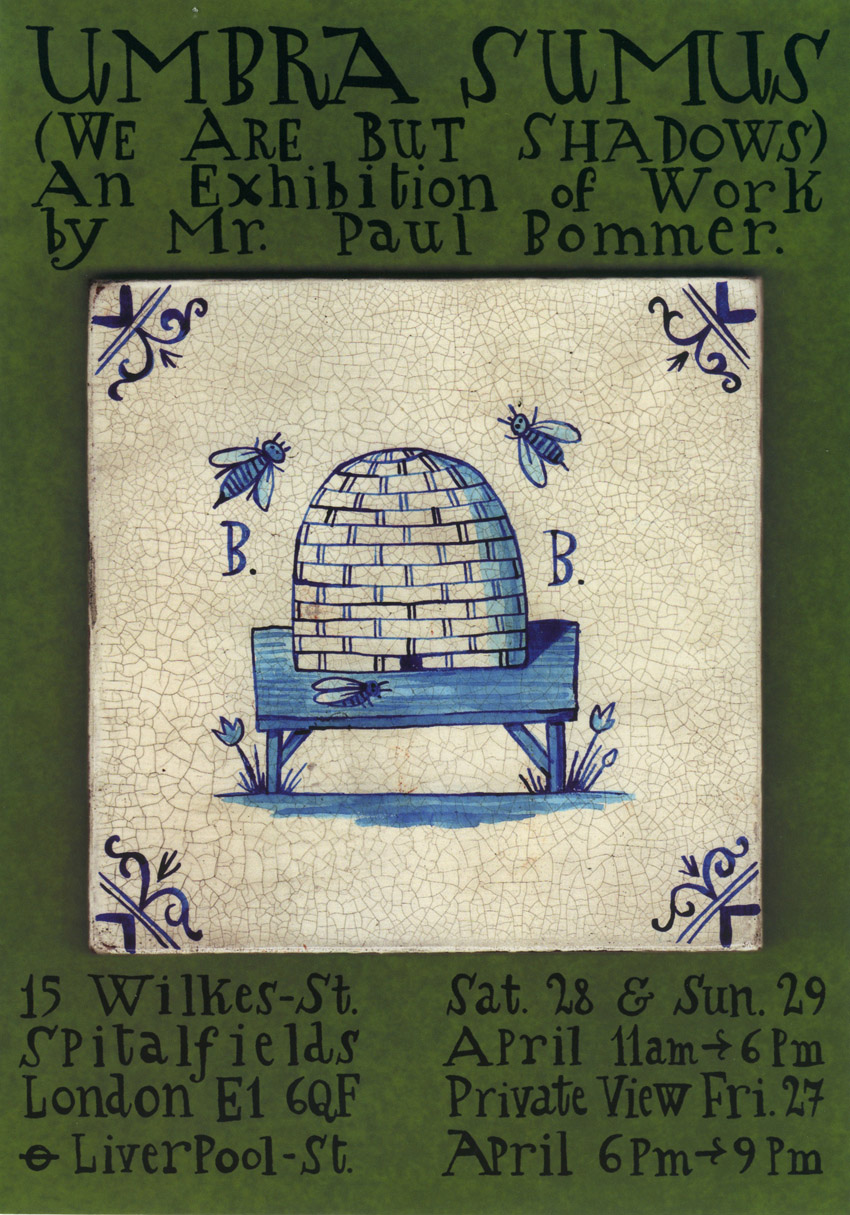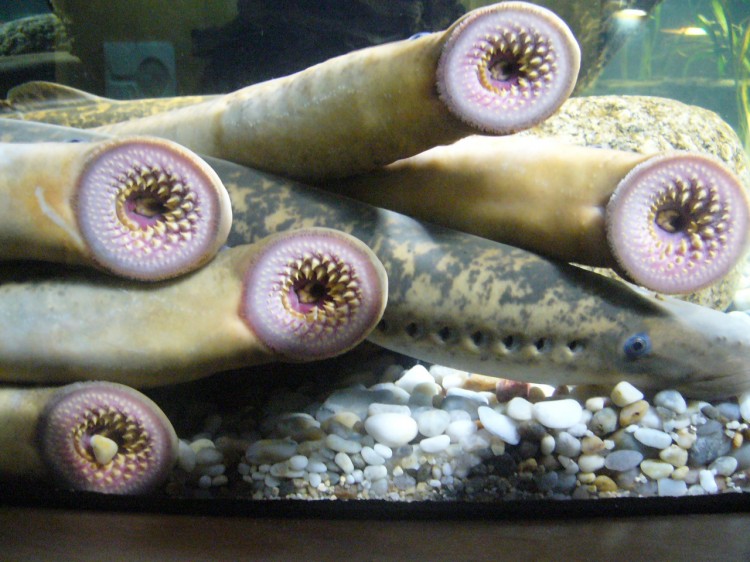And while we are on the subject of Hoon …
Splattered with seagull droppings, the Woman of Twigs stood at the very edge of the cliff, her back to the sea. Barefoot, she rocked gently back and forth on her impromptu podium. The villagers were gathered about her, wretched and snivelling. Some carried pitchforks, or dainty little tin boxes full of bip. They were all ears as they waited for the Woman of Twigs to speak. She had blindfolded herself with a threadbare bandage, bound her hair into tufts with flaxen yarn and roots, and held in her hands a ribbon of bloody silk. Precisely at the moment that the thousandth wave of the day crashed against the rocks below, the Woman of Twigs ceased her rocking, cast the ribbon to the winds, and, shouting to make herself heard over the screeching gulls, began:
“You asked me to save the village from Doom. I have communed with a variety of weird and tiresome shades to seek guidance. You are correct, your village is imperilled. There is only one way to rescue it from the coming agony. Three of your number must travel many miles distant, to the town of Hoon. There, they must find a churn, possibly broken, the churn of Hoon, which has had engraved upon it a rather fetching likeness of myself. Do not ask why. Having scoured Hoon for this churn, and found in Hoon this churn of Hoon, it must be brought back here, with due haste, and hurled into the boiling sea from this very spot on the cliff’s edge. That task complete, your village will once again know glee. I have left unmentioned one crucial point. The three who will venture to Hoon, there to find and return the Hoon-churn, must all be called Ned. That is all.”
Work began at once on building the chariot. In the kitchens, the villagers boiled up huge iron pans full of mud and silt dredged from the riverbed. Trees were felled in the spinney. The smithy at his anvil beat out a goodly number of nails, spikes, and very sharp hooks. Within a week, the foul-smelling but indestructible vehicle was ready. Volunteers fanned out across the countryside to trap a suitable beast of burden. Horses, oxen, even a crippled reindeer of great elegance, were sighted and stalked, but another week elapsed without success. Eventually it was decided that the three Neds would have to travel under their own steam, pulling the chariot by themselves. Ned, Ned and Ned agreed, drooling with excitement in their eagerness to set out on so glorious a journey, one that would save the village and bring them renown.
They left the village at a gallop, in the middle of the night. Without maps, they relied entirely on local lore and superstition. From infancy, each Ned had been imbued with a long catechism of saws and proverbs. Now, each had engraved upon his skull a different couplet, handed down through the generations:
If you wish to go to Hoon / Spit three times and follow the moon
Hoon’s beyond yon crumpled hedge / Hemmed around by gorse and sedge
When you see eight pebbles strewn / You’re eight days and nights from Hoon
They travelled without pause, two dragging the stinking chariot while the third lay bundled in it, sleeping or feeding from a polythene bag full of curdled slops. At first they followed the course of the Great Frightening River, until suddenly it wormed its way underground. For eighteen months they travelled through a desolate landscape, flat, grey, and curiously redolent of shurd. But as they entered Hoon’s hinterland, things changed. In rapid succession, they passed an asbestos works, a barrel of rainwater, a customs post, damp hectares, elk encampments, fenceposts, grotesque wooden carvings, horrifying shrubbery, improbable water tables, jerrybuilt huts, a kaolin quarry, lumps of disgust, monstrous gulches, nebulous stretches of pointed brambly things, ornithologists’ hideaways, parakeet enclosures, quarantine sheds, rusk markets, strange gobbets of sludge, a tremendous farmyard, urn burials, a vacuum, wrestling pythons, extravagant banks of yellow fog, yeast traffickers, and a zither-crushing factory. Ned said to Ned and Ned, “Soon we shall be in Hoon. I can feel it in my water.” He was not mistaken.
The great South Gate of Hoon was over a thousand years old, and completely overgrown by clumps of hideous, fleshy foliage oozing poisonous sap. All attempts to destroy this abominable vegetation had met with failure, and it had not been possible to open the gate for at least two centuries. Rather than blasting a hole in the town wall, a ramshackle lift contraption was knocked up close by. Two wooden platforms, one either side of the great wall, were raised and lowered by an exciting system of pistons, pulleys and winches operated by a team of gate-keepers wearing boa constrictor masks. In return for their labours, they exacted a hefty price; unfortunately the three Neds were utterly penniless. Muttering among themselves, our heroic trio decided to proffer gifts in lieu of payment. Ned offered the gate-keepers his cap, which was made of rusted whisks. Ned presented them with a sick toad he had been pampering for the past month. Ned gave them a handful of silt scraped from the underside of the chariot. Well pleased with these gifts, the gate-keepers allowed the exhausted threesome to clamber onto the platform.
Two days later, the three Neds were lowered to the ground on the other side of the wall. At last they were in Hoon! Finding the possibly broken churn of Hoon could only be a matter of time. They would be implacable, ferreting into every corner of the ancient town. As soon as they disembarked from the wooden platform, however, they were set upon by a whirling tangle of ruffians who bashed them senseless, stole the shirts off their backs, emptied their polythene bags of slops into the gutter, wholly dismantled the chariot, had at them with ferocious scimitars, and left them for dead. And indeed, Ned and Ned were dead. Ned was carted off by a passing stretcher patrol, but panted his last breath an hour later, by which time the ruffians had scampered away, heading for the mountains. They stopped by the kaolin quarry to eat their packed lunches, and then, as night came down, they strode up the mountainside, these ruffians, their gazes fixed on the sky above, to look at the numberless stars, to view the boundless firmament.



